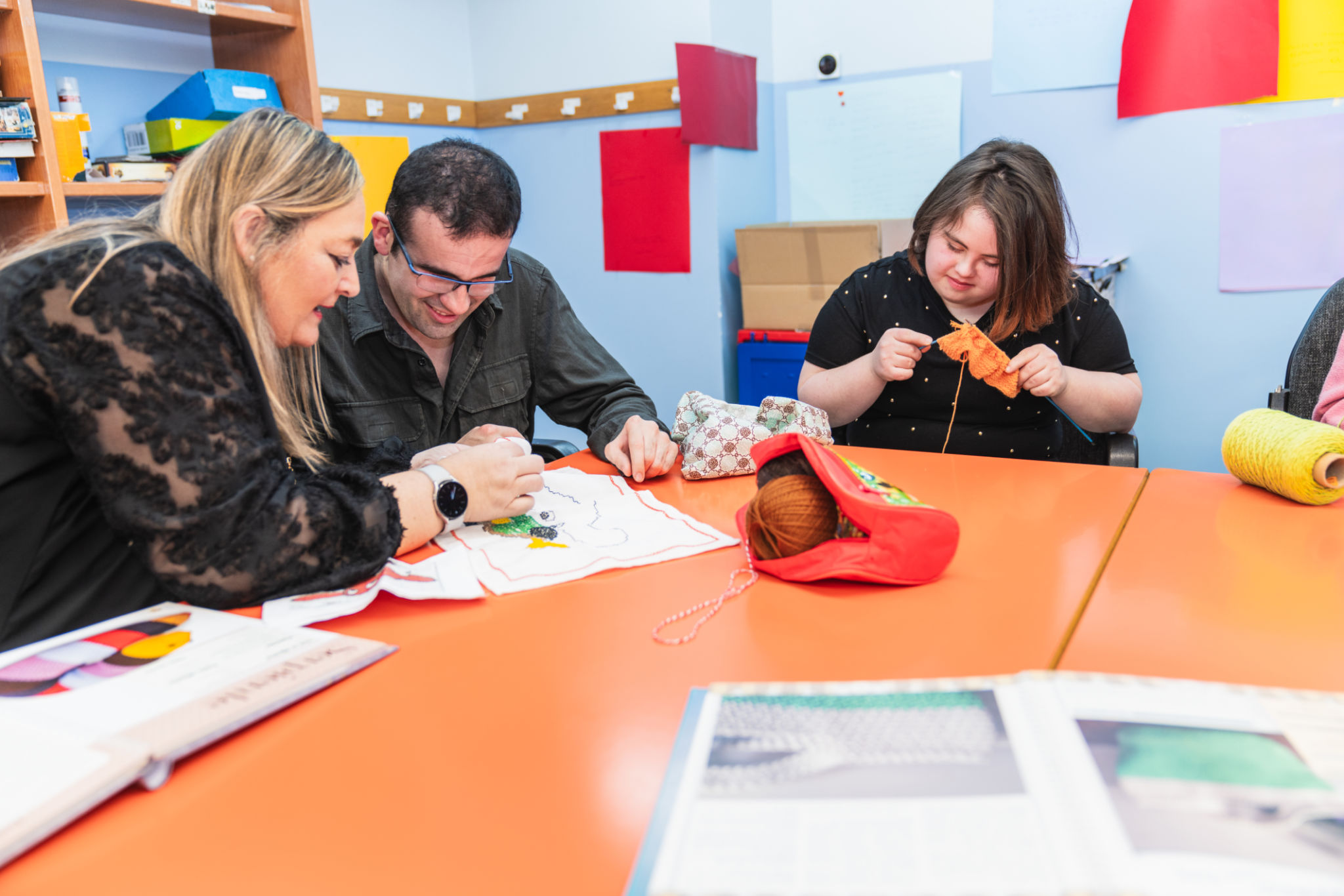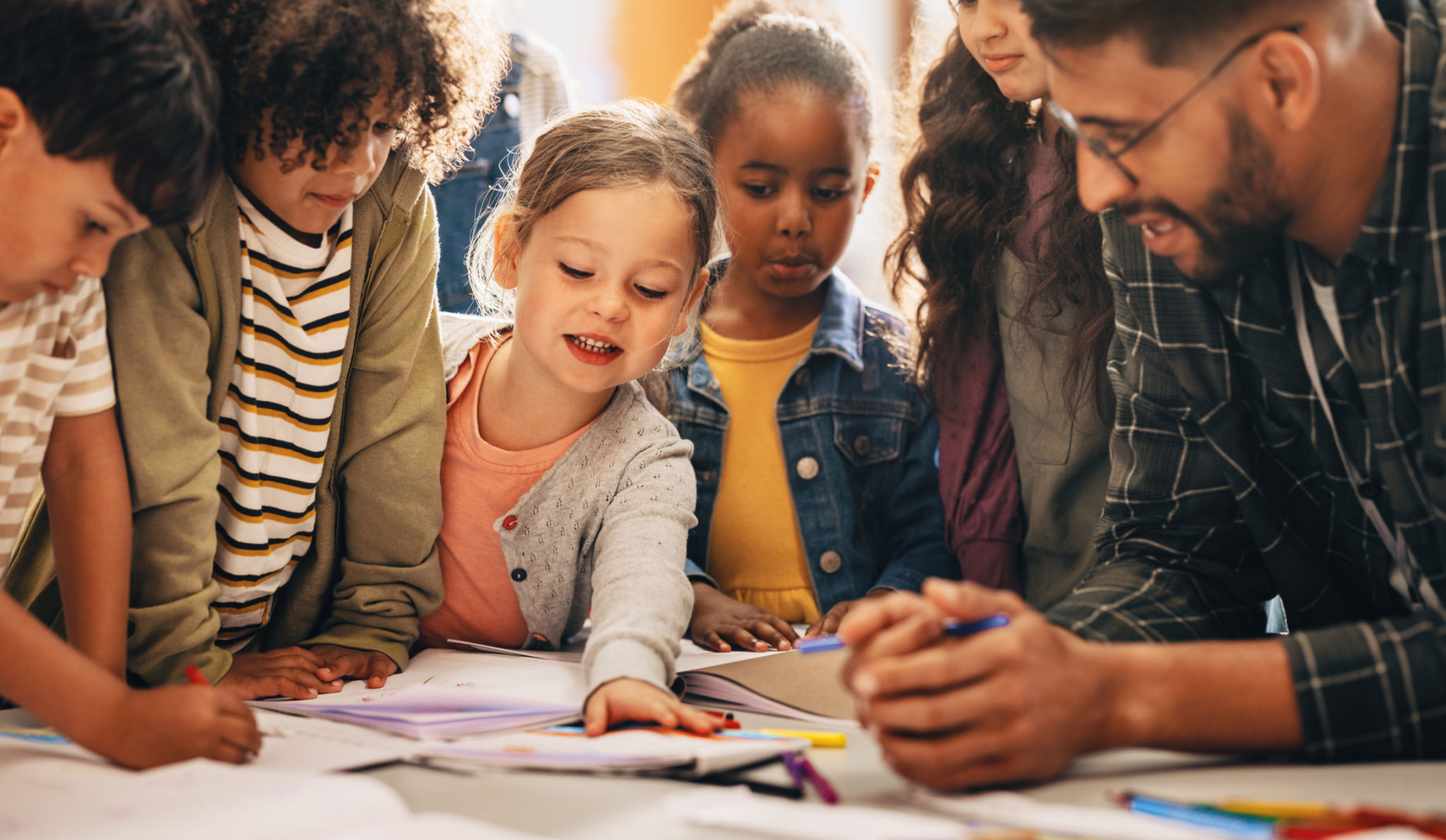Top Skills for Educators: What Schools in Rochester are Looking For
In today's rapidly evolving educational landscape, the demands on educators are ever-changing. Schools in Rochester, like many others across the nation, are seeking educators who can adapt and thrive in this dynamic environment. Understanding the top skills that schools are looking for can give aspiring and current educators a competitive edge.
Communication Skills
Effective communication is the cornerstone of successful teaching. Educators must be able to convey complex concepts in a way that is accessible and engaging for students of varying abilities. Additionally, strong communication skills facilitate better collaboration with colleagues, parents, and administrators.
In the classroom, this means not only delivering clear instructions but also being adept at listening and responding to student needs. Outside the classroom, educators must maintain open lines of communication with parents to support student success.

Digital Literacy
As technology becomes increasingly integrated into the classroom, digital literacy is no longer optional. Educators must be proficient in using digital tools and platforms to enhance learning experiences. This includes everything from utilizing online resources for lesson planning to understanding how to effectively use educational software during instruction.
Schools in Rochester are looking for teachers who can seamlessly incorporate technology into their pedagogy, making lessons more interactive and engaging. This skill not only enhances learning but also prepares students for a digital world.
Adaptability and Flexibility
The ability to adapt to new situations and challenges is crucial for educators. With changing curricula, diverse student needs, and unexpected disruptions such as the COVID-19 pandemic, teachers must be flexible in their approaches to teaching and learning.

Being adaptable also means embracing continuous professional development. Educators should be committed to lifelong learning, staying updated with the latest educational trends and methods.
Emotional Intelligence
Understanding and managing emotions is a critical skill for educators. Emotional intelligence allows teachers to create a supportive and empathetic classroom environment where students feel valued and understood. This involves recognizing students' emotional cues and responding appropriately to foster a positive learning atmosphere.
Moreover, educators with high emotional intelligence are better equipped to handle stress and maintain productive relationships with students, colleagues, and parents.
Cultural Competence
Rochester's schools are becoming increasingly diverse, and cultural competence is essential for fostering an inclusive classroom environment. Educators must be aware of their students' varied cultural backgrounds and be sensitive to their unique needs and perspectives.

This skill involves not only recognizing cultural differences but also leveraging them to enrich the educational experience for all students. By promoting inclusivity, teachers can help reduce biases and promote mutual respect among students.
Collaboration and Teamwork
Education is a collaborative effort, and teachers must work effectively with colleagues to achieve common goals. Teamwork in schools involves sharing resources, strategies, and insights to improve student outcomes. Educators who thrive in collaborative environments are often seen as valuable assets by school administrators.
By building strong professional relationships, teachers can create a supportive network that enhances both teaching practices and student learning experiences.
